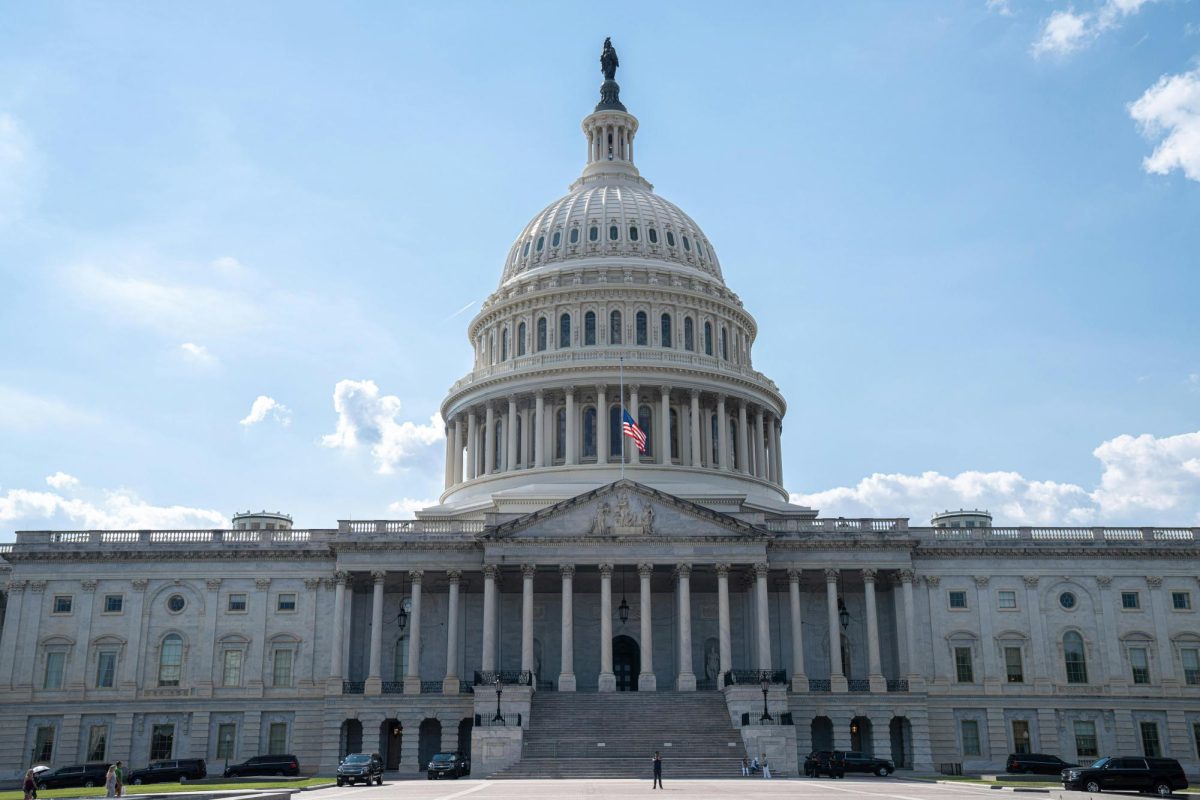As unemployment rates continue to climb, the health care overhaul becomes more important to the nearly 2 million young adult students who could benefit from remaining on their parents’ insurance until age 26.
By September, Secretary of Health and Human Services Kathleen Sebelius will create a standard definition of “dependent” across all states, determining which adult students will be eligible for the extension. The provision will aid one in three young adults who are uninsured.
“Traditionally, it is people our age who go off health insurance,” senior Craig Sinclair, president of the non-ASLC chartered Linfield Democrats, said.
For those who do not qualify for the extension, the bill aims to provide more affordable coverage with state-based health insurance exchanges beginning in 2014. The exchanges offer choices for plans, creating a more competitive market for health insurance. One of the
lower cost exchange categories is titled the “young invincible,” which young adults qualify for until age 30.
One argument against the policy is that young adults will bear the burden of medical costs for older Americans, in turn raising insurance premiums. Medicare currently operates similarly in that it is a publicly funded health insurance program.
By 2014, the federal government will require most Americans to buy health insurance or pay a tax penalty. As a result, young adults who want coverage from the individual market could see premiums rise as much as 17 percent each month.
“I feel, as a member of a middleclass family, that the middle class is suffering more with this bill, and only the lower classes will benefit,” sophomore Clia Zwilling, president of the Linfield Republicans, said.
But for young adults with pre-existing conditions, the benefits will outweigh the costs.
For Sinclair, the new bill is a safety net for the unpromising job market. Before the bill’s passage, Sinclair said that he worried how he would afford coverage considering his Crohn’s Disease. In the coming years, the act will prevent insurance companies from denying coverage to all individuals because of pre-existing conditions.
“We’re not punishing people for the illnesses they can’t help anymore,” Sinclair said. “I don’t know why we hadn’t done something like that prior.”
Sinclair said he sees the act as common sense rather than the radical piece of legislation some of the news media deem it as.
While Zwilling said she agrees with her party’s push to extend coverage until age 26 to qualifying adults, she said she believes the act signals a greater centralization of government power.
“It could be a stepping stone,” she said. “The act could very easily set precedents for more power.”
Zwilling said she is on the Linfield health insurance plan and is not sure if she will benefit from the age extension when the time comes. Whether she decides to move onto her parents’ plan, Zwilling said she disagrees with the legislative process.
“I don’t like how speedily the process went,” she said. “It wasn’t cohesive.”
In spite of concerns for higher premiums, the act will ensure that a group most likely to go without insurance will be able to afford coverage.
“We’re taking entry-level jobs that don’t necessarily have the best benefits,” Sinclair said. “I’m just happy something was done.”
Chelsea Langevin
Senior reporter Chelsea Langevin can be reached at [email protected]
CORRECTION:
The Linfield Republicans club is chartered by ASLC. The Review apologizes for the mistake. (4/18/10)






